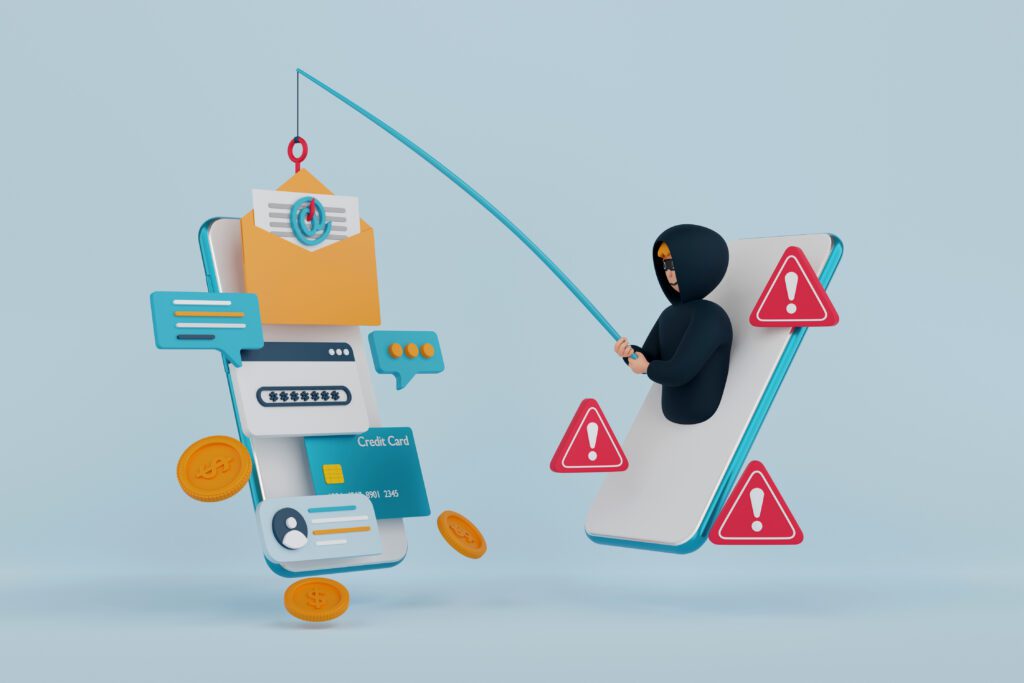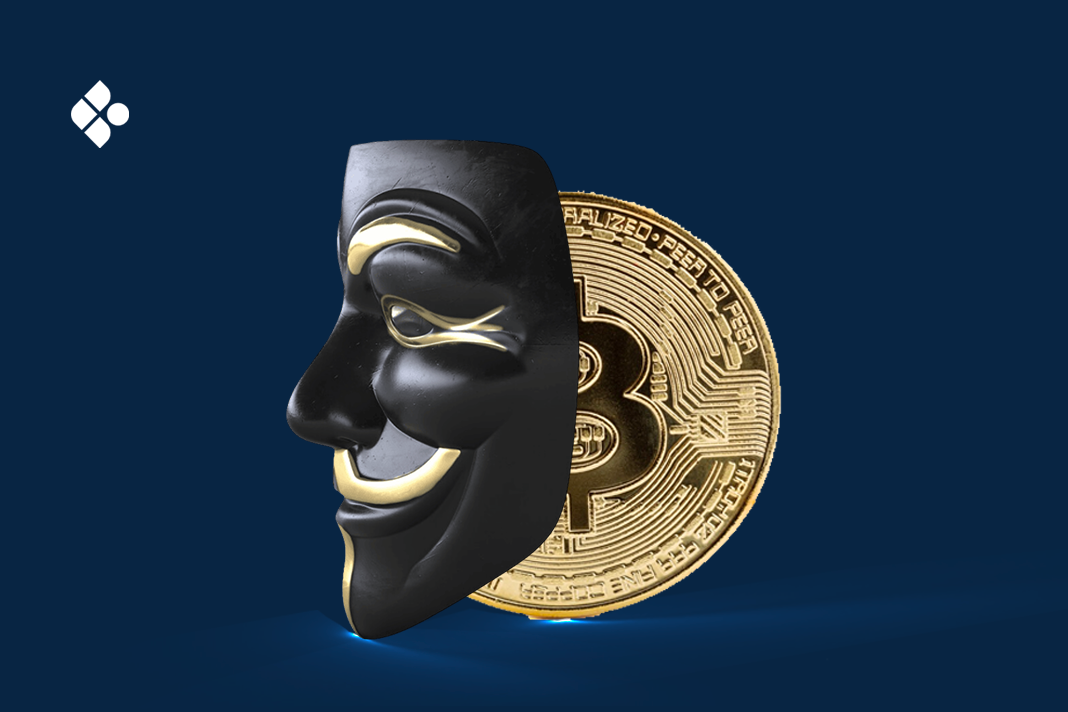Did you opt for Bitcoin due to its decentralised and cryptic nature but find out it is not as anonymous as you thought, but rather pseudonymous? Well, get comfortable; I’m about to reveal the secrets to maintaining anonymity when selling Bitcoin.
In this post, we’ll explore several options guaranteed to keep you from the public eye when selling your Bitcoin on the blockchain. I’ll also give you tips to stay safe while protecting your privacy.
But first, let’s make a quick stop to understand why anonymity is important in the first place, shall we?
Understanding the Importance of Anonymity When Selling Bitcoin
Bitcoin gives you the control that central financial institutions don’t. As much as the benefits of this are mind-blowing, it also puts your security in your hands. So, opting to sell your Bitcoin anonymously can be one of the ways you keep safe. Here are a few benefits:
- Identity protection: Selling your Bitcoin anonymously ensures that sharing personal information and data is avoided, limiting authorised access. This will protect you from identity theft that can implicate you.
- Safety of financial information: When you choose to go anonymous when selling your Bitcoin, your transaction history does not go on public record. This would protect you from criminals who are looking to steal money.
Now, let’s move on to the ways you can sell your Bitcoin anonymously
How to Sell Your Bitcoin Anonymously
1. Using a Virtual Private Network (VPN)
VPNs are an effective way to sell your Bitcoin without a trace. A VPN encrypts your internet traffic and redirects it through a server in a different location. This masks your online activity, including your Bitcoin transactions.
Some benefits you get from using a VPN to sell your Bitcoin are:
- No IP tracking as a VPN hides your actual IP address, making it extremely challenging for anyone to track your Bitcoin transactions. As you can imagine, this helps with identity protection and adds an extra layer of privacy when selling Bitcoin.
- Gives you access to geo-restricted websites: You may want to use some exchanges that offer anonymity but find them inaccessible to your location. With a VPN, you can bypass this restriction and use your preferred exchange.
You can use free and paid VPNs, and some are ExpressVPN, NordVPN, and ProtonVPN.
2. Creating and Using Anonymous Wallets
Anonymous wallets, also called non-custodial wallets, are software wallets that do not ask for or use your personal information. So, your identity and transaction history are not connected to your wallet, which makes it difficult to track.
Some benefits of using anonymous wallets are:
- Enhanced privacy: You can keep your transactions private because you don’t provide personal information to gain access.
- Increased security: Anonymous wallets offer more security than custodial wallets because they don’t have third-party interference and control. Therefore, you have full control over your Bitcoin and private keys vital to protecting your money.
- More flexibility: Anonymous wallets are not restrictive and work very well with various Bitcoin exchanges and marketplaces, so they expand your options when selling Bitcoin.
Some examples of anonymous wallets are Samourai Wallet, Electrum, Wasabi Wallet, and ZenGo.
3. Implementing Coin Mixing Services
Coin mixing services go by different names, including tumblers or mixers. They offer you improved privacy by letting you mix your Bitcoin with other users so that tracking becomes difficult. This service plays an important role in disconnecting your identity from your Bitcoin.
Here’s how coin-mixing services work:
- Deposit by sending your Bitcoin to the mixing service’s address.
- Then, the mixing service adds your Bitcoin to others in a pool. The service can use different techniques to mix coins, like the shuffle method or, at random, using cryptographic algorithms to mask their origin.
- Then, you get the equivalent amount of your Bitcoin to a new address.
Security Best Practices When Selling Bitcoin Anonymously
1. Use only strong passwords: In the digital landscape, passwords are access codes, so ensure you use strong ones for your VPN, anonymous wallet, or other accounts you may use for Bitcoin transactions. Avoid using names of loved ones, names, or birthdays.
2. Beware of scams and phishing links: You may receive emails, messages, or suspicious links that pose as legit but aim to steal your private information and send it to scammers.

3. Stay aware of Bitcoin security and privacy updates: Things change very quickly in the Blockchain space, so it’s important to get regular updates from reputable news outlets and sources on new risks and mitigation measures.
4. Don’t use public internet for Bitcoin transactions: Public Wi-Fi are not as secure as private ones, so your information may be stolen from them when you use it to perform sensitive transactions like this.
5. Keep up with Bitcoin transaction checks: As you would request a bank statement from your banks, do the same for your Bitcoin transactions. This will help you ensure that everything is as it should be, and it will be easier to spot suspicious transactions.
Frequently Asked Questions (FAQs) About How to Sell Your Bitcoin Anonymously
Is Bitcoin 100% anonymous?
No, Bitcoin is not 100% anonymous, but rather pseudonymous. This means that its transactions are recorded on the public blockchain, which anyone can look up anytime. You can check out this blog post where Bitcoin pseudonymity is discussed in greater detail.
Can Bitcoin transactions be traced?
Yes, Bitcoin transactions can be traced. Although Bitcoin is not as open access as traditional financial transactions, it lives on the Blockchain, meaning anyone can access it. Bitcoin transactions link to the addresses from which they originated, so it’s possible to track the owner of the address.
Can I verify a Bitcoin address?
Yes, you can verify a Bitcoin address with some methods; some are:
- A blockchain explorer: This program lets you view and search the Bitcoin blockchain.
- Review the address format: Legit Bitcoin addresses often start with number 1 or 3 and are between 26 and 34 characters long. These strings can also be formatted in a QR code. So if you check all these and they don’t fit, it’s most likely an invalid address.
- Blockchain analytics tools: This is a more advanced method, but they’re really helpful to help you spot fraudulent and risky Bitcoin addresses.
How do I send and receive Bitcoin anonymously?
You can send or receive Bitcoin anonymously by using a few methods. They are:
- The use of a Virtual Private Network (VPN)
- Anonymous Wallets
- Coin Mixing Services
Can a Bitcoin transaction be reversed?
A Bitcoin transaction cannot be reversed once confirmed on the blockchain. This is one of the core characteristics of Bitcoin, as it is a means to protect against fraud and overspending.
Conclusion
Online protection and privacy are vital, especially when dealing with a new technology like Bitcoin and the blockchain. Bitcoin already offers a layer of protection that traditional financial transactions don’t. But, if you desire complete anonymity, the methods listed in this post will help you achieve it.
But don’t forget to be on guard and take security measures very seriously while at it.
Stay safe out there!
